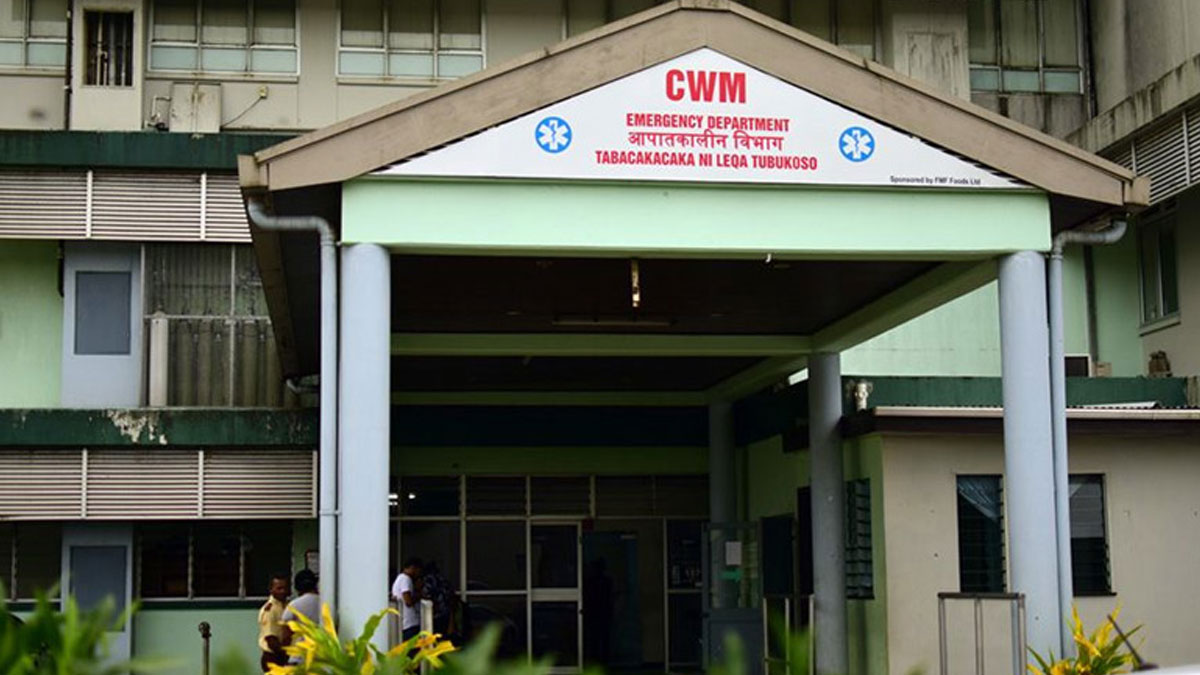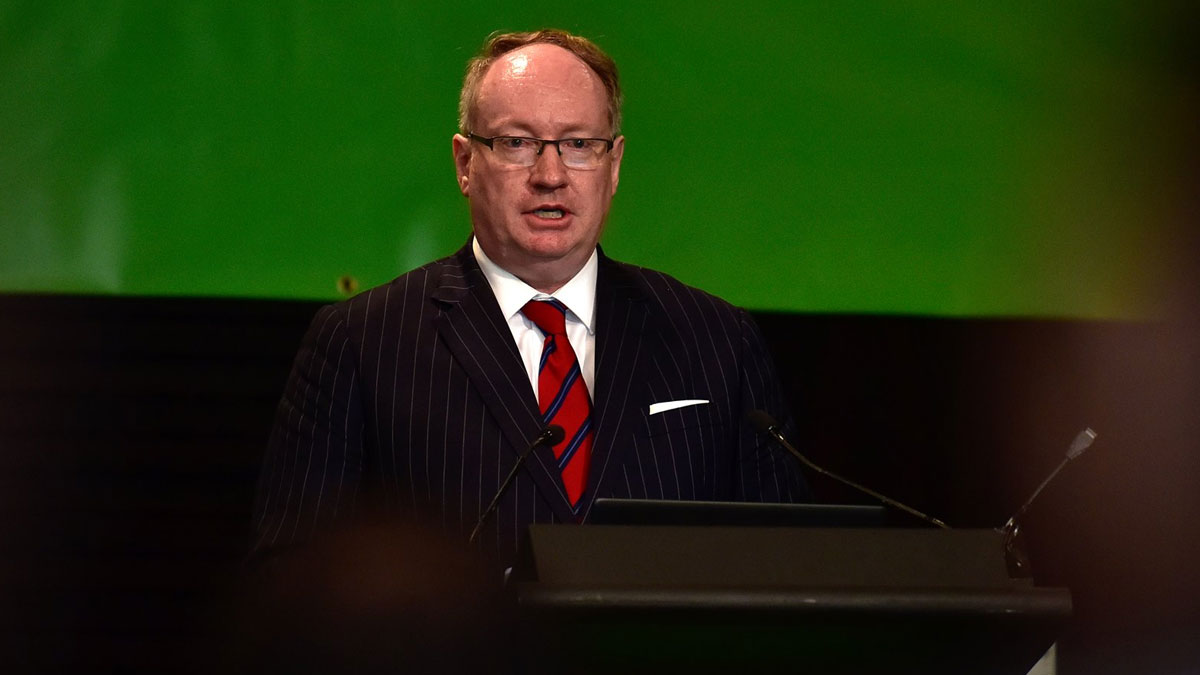
The government plans to increase the baseline ratio of skilled healthcare workers per 10,000 population to 10 doctors and 40 nurses between the years 2025 to 2027 and then increasing to 12 doctors and 45 nurses from the years 2025 to 2029.
Based on the National Development Plan 2025 to 2029, there are plans to establish Fiji-wide programmes to control the rate of premature deaths due to lifestyle diseases, increase the percentage of the targeted population screened for NCD related risks, particularly for cardiovascular disease and cancer, strengthen public awareness on the risks of NCDs and the adoption of preventive healthcare measures and review the Strategic Plan for the Prevention and Control of NCDs, including its implementation progress and roll out the Plan over the medium to long-term.
The Plan includes providing high quality and comprehensive life cycle healthcare including maternal, infant, child and adolescent health family planning and sexual education, and parenting programmes, family planning and reproductive health information and resources, providing pregnant women including teenagers and mothers, and newborns with timely, safe, appropriate and effective healthcare services before, during, and after childbirth, access to quality preventive and curative paediatric and nutritional services, and expanding public healthcare and clinical services to appropriately address the needs of adolescents, youth and elderly.
Plans are also in place to develop a health infrastructure database and ensure that all Ministry of Health and Medical Services infrastructure is built and maintained to meet operational, and population needs in compliance with all relevant health service standards, ensure that all health facilities have the minimum required functional biomedical equipment for the level of the facility, reform Supply Chain Management and ensure high quality medicinal products are rationally used and readily accessible to all residents, review current outsourcing policy to improve its efficacy and effectiveness, provide an enabling environment in the development of sustainable health infrastructure that reinforces gender equality, disability and social inclusion, retrofit health facilities to improve energy and water efficiency, enhance the capacity of emergency services, including ambulance fleets and emergency department facilities, to handle increasing demand, and ensure that health facilities are equipped and prepared to maintain operations during natural disasters, accounting for Fiji’s unique geographical challenges.
They are also aiming to deploy mobile clinics equipped with essential medical supplies and staff to provide regular services in remote areas, utilising information and communications technologies and digitalise patient records for remote diagnosis, treatment, and patient consultation, reducing the need for physical travel, improving health financing, equity and efficiency, and recruiting, training and retaining a qualified, motivated health workforce that is caring, customer-focused, and responsive to population health needs.
There is also a focus on strengthening mental health services which include developing specialised mental health training programmes for healthcare professionals, integrating mental health services into primary healthcare to ensure that mental health is a part of routine health checks, establishing dedicated mental health helplines to provide immediate support and guidance, promoting community-based support groups to facilitate peer support and de-stigmatisation of mental health issues and collaborating with schools and workplaces to implement mental health education and early intervention programmes.
Stay tuned for the latest news on our radio stations


